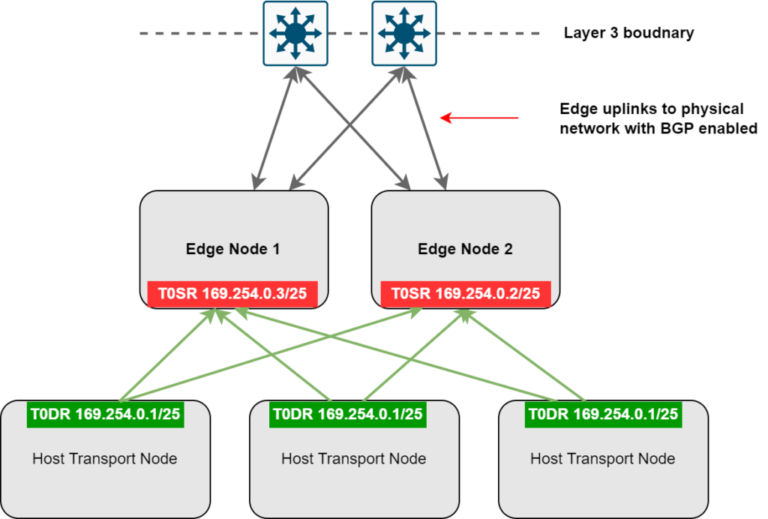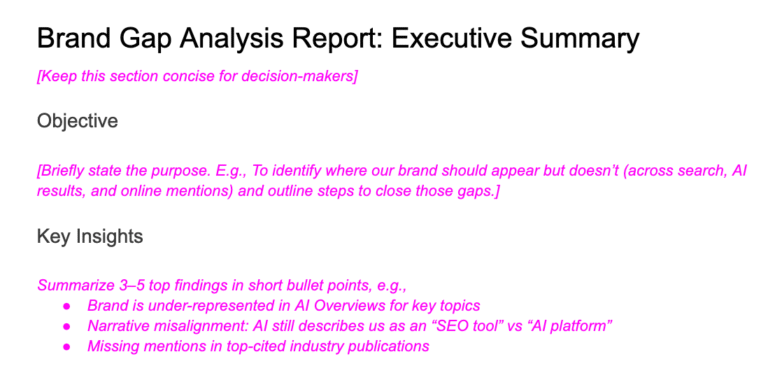
In today’s hyperconnected digital landscape, web applications are prime targets for cyberattacks.
From SQL injections to cross-site scripting (XSS) and distributed denial-of-service (DDoS) attacks, the threats are numerous and ever-evolving. To safeguard sensitive data and maintain uninterrupted uptime, businesses are increasingly turning to Web Application Firewalls (WAF). But what exactly is a WAF, and how does it enhance the security and resilience of your hosting environment?
Let’s explore how WAFs work, their role in modern web security, and how they can be seamlessly integrated into your hosting infrastructure to protect your digital assets.
What Is a Web Application Firewall (WAF)?
A Web Application Firewall (WAF) is a specialized security solution designed to monitor, filter, and block malicious HTTP/S traffic directed at web applications. Unlike traditional firewalls that operate at the network level (Layers 3 and 4 of the OSI model), WAFs operate at Layer 7—the application layer—where most web-based attacks occur.
WAFs are engineered to detect threats that traditional security measures often miss, including:
- Cross-site scripting (XSS)
- SQL injection
- Cookie poisoning
- XML external entity (XXE) attacks
- Remote file inclusion (RFI)
- Cross-site request forgery (CSRF)
By analyzing incoming traffic and applying a set of customizable security rules, a WAF acts as a reverse proxy—intercepting web requests before they reach the application server and ensuring that only legitimate traffic is allowed through.
Why WAF Security Matters for Your Hosting Environment
Whether you’re running an e-commerce platform, a content-heavy blog, or a SaaS application, uptime and data integrity are critical. A single breach or downtime incident can lead to data loss, reputational damage, and regulatory penalties. Web application firewalls serve as a first line of defense by actively blocking threats targeting application vulnerabilities.
WAFs not only help prevent data breaches but also:
- Improve availability by mitigating DDoS attacks
- Enhance compliance with regulations like PCI DSS, GDPR, and HIPAA
- Reduce the risk of zero-day exploits
- Provide real-time monitoring and threat intelligence
- Identify and block malicious bots
In essence, a WAF firewall is not just a security measure—it’s an essential component of a robust, scalable web infrastructure.
How WAF Firewalls Work
WAF security solutions typically operate by analyzing the full HTTP request, including headers, body, and URI. Once a request is received, it is evaluated against a predefined set of security rules. If a violation or anomaly is detected, the WAF can be configured to block, allow, or log the request.
Some key technologies and techniques used by modern WAF systems include:
- Signature-based detection (for known threats)
- Anomaly-based detection (for suspicious behavior)
- IP reputation filtering
- Rate limiting and throttling
- CAPTCHA and JavaScript challenges (for bot mitigation)
- Geolocation-based access control
Advanced WAFs also leverage machine learning to adapt to emerging threats, automatically updating security rules to stay ahead of attackers.
Protecting Against OWASP Top 10 Vulnerabilities
One of the core benefits of web application firewalls is their ability to defend against the OWASP Top 10—an industry-recognized list of the most critical web application security risks. These include:
- Injection attacks (like SQL or command injection)
- Broken authentication
- Sensitive data exposure
- Security misconfigurations
- Cross-site scripting (XSS)
By actively filtering HTTP requests and applying a positive security model, WAFs ensure that only expected and safe behaviors are executed in the application layer.
WAF Deployment Options: Flexibility for Every Architecture
Depending on your operational needs, WAFs can be deployed in different modes:
- Cloud-based WAF (as-a-Service): Ideal for businesses that require quick deployment and minimal in-house security resources. Fully managed by a third-party, often with global points of presence for low-latency protection.
- On-premises WAF: Installed directly on your infrastructure as a virtual or hardware appliance. Suitable for businesses with strict compliance or performance requirements.
- Hybrid WAF: Combines cloud-based scalability with on-premises control, offering flexibility for hybrid and multicloud environments.
This flexibility makes WAF integration feasible for diverse hosting environments—from single websites to complex, multi-tiered applications.
Bot Management and DDoS Mitigation
Modern WAFs go beyond just filtering malicious code. They play a crucial role in identifying and mitigating bot traffic—especially sophisticated bots used for credential stuffing, data scraping, and inventory hoarding.
Features like device fingerprinting, CAPTCHA validation, and behavioral analysis help distinguish between good bots (e.g., Googlebot) and bad bots. Additionally, WAFs can serve as a buffer against Layer 7 DDoS attacks, ensuring that your application remains available even during a traffic flood.
Enhancing Hosting Reliability and Performance
Security and performance often go hand-in-hand. A well-configured WAF can:
- Reduce server load by blocking malicious requests early
- Improve response times through intelligent traffic routing
- Cache static content (when integrated with reverse proxies)
- Provide detailed analytics for better resource planning
By filtering out unwanted traffic, WAFs allow your servers to allocate more resources to legitimate users, enhancing the overall user experience.
Integrating WAF with Dataplugs’ Hosting Services
In the ever-evolving cybersecurity landscape, finding a reliable hosting partner that prioritizes security is essential. Dataplugs, a leading dedicated server hosting provider in Hong Kong, offers enterprise-grade hosting solutions fortified with Web Application Firewall (WAF) protection.
With Dataplugs, businesses benefit from:
- 24/7 DDoS mitigation and WAF protection
- Low-latency network powered by CN2 GIA direct China connectivity
- Tier III+ data centers with 99.9% uptime guarantee
- Enterprise-grade hardware from Dell, Intel, AMD, and NVIDIA
- Security-first infrastructure designed for compliance and performance
While Dataplugs focuses on performance-driven hosting, its integrated WAF services help clients stay protected from the most common—and most dangerous—web-based threats.
Final Thoughts: Future-Proofing Your Web Security
As applications become more complex and attackers more sophisticated, relying solely on traditional firewalls is no longer enough. A Web Application Firewall offers targeted protection where your digital assets are most vulnerable—the application layer.
Whether you’re hosting a portfolio site or an enterprise-grade application, implementing a WAF firewall is a proactive step toward securing uptime, protecting user data, and maintaining compliance. In doing so, you not only defend against today’s threats but also prepare your infrastructure for the challenges of tomorrow.
For businesses looking to strengthen their hosting environment with reliable security solutions, exploring dedicated servers with integrated WAF protection—like those offered by Dataplugs—can be a strategic move toward resilience and peace of mind.
Ready to secure your hosting with WAF protection? Contact us via live chat or email sales@dataplugs.com to explore our dedicated server with built-in security features today.





